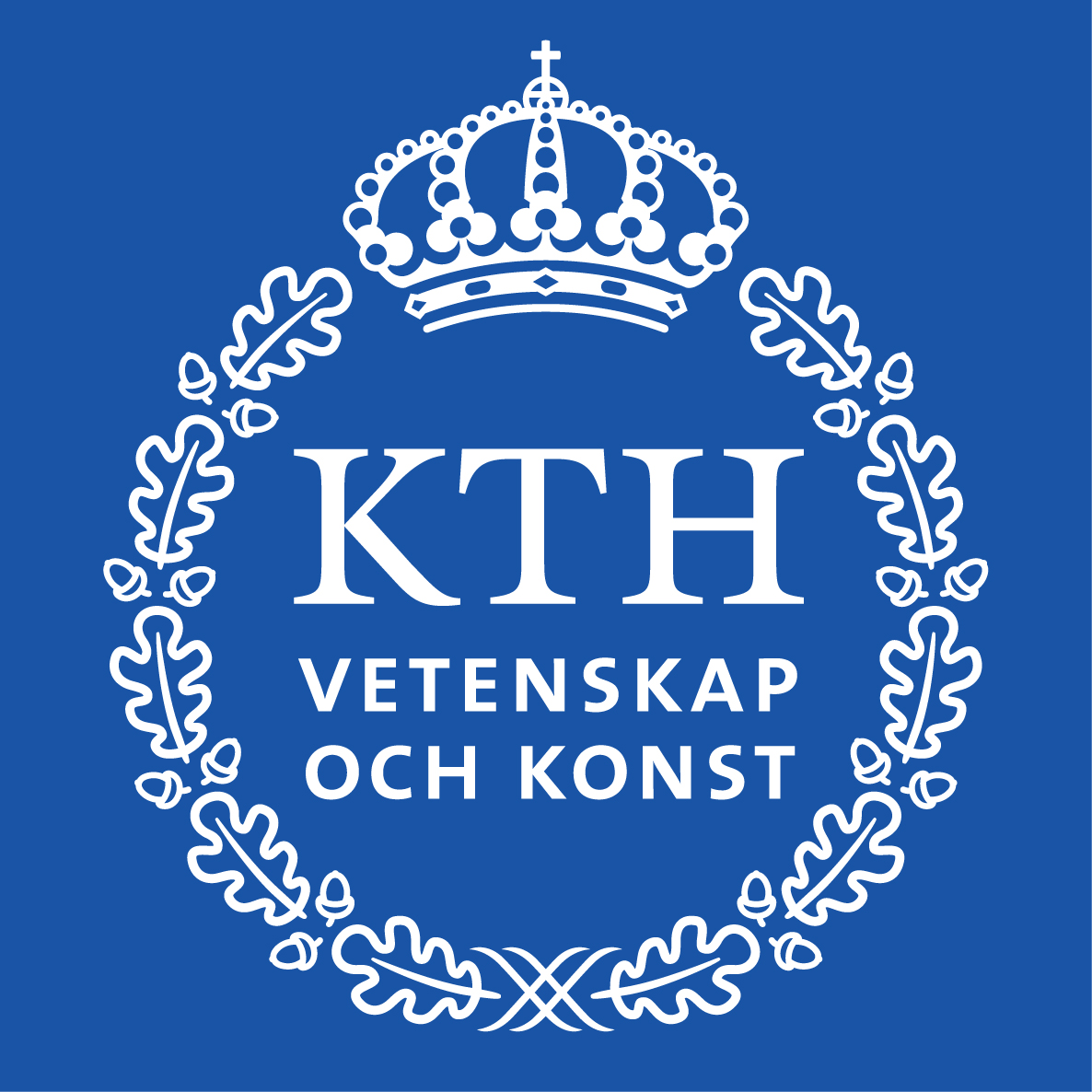An Interview with Professor Serenella Iovino
Serenella Iovino is a philosopher and cultural and literary theorist, a Professor at the University of Turin in Italy, and one of the members of the ENHANCE advisory team. When she’s not establishing research groups and chairing associations (for example the Environmental Humanities International Research Group at the University of Turin or the European Association for the Study of Literature, Culture, and Environment) or doing academic-y things in general, she can be found tasting wine in the Langhe region or trampsing around her hometown of Naples.
How did you get your vocational start? Why did you decide to pursue an academic career?

My start was voracious and rather undecided. For the first 3 weeks of my life as a university student I attended Law classes. Then I moved to Architecture: I spent there another couple of weeks. Then, Law again—this time for even shorter time: just 10 days. I was excited and thrilled to begin, but something wasn’t working: I had the passionate feeling that my road was elsewhere, but I couldn’t really tell where. The premises for a career in Philosophy couldn’t have been better. And so, on the last available day, I finally joined the Philosophy school. There, I was able to completely embrace my passion, my hunger and my uncertainties. All the rest came as a rather spontaneous consequence.
Why the Environmental Humanities?

The environmental humanities are another consequential choice of my dissatisfaction with one field—something that, quite surprisingly, turned out to be a very valuable methodological compass. I have always felt uncomfortable delimiting the scope of my research within the borders of one discipline. You cannot study philosophy by staying in the narrow perimeter of a philosophy library. The subject of my PhD dissertation was itself a mix of topics: ideas of ethics and nature in German philosophical novels of the Age of Goethe. But I felt even more uncomfortable when I saw that studying a discipline that allegedly reflects on our being in the world, could often bring us to leave the real world aside: the world “out there,” as well as the world that is inside—I mean, inside our bodies. This is how the living world—name it environment or ecology—entered my research.
When you start being aware that things are much more complex than they appear in the pages of a textbook, your idea of disciplinary boundaries dissolves: you see the crossings, the overlappings, the cross-fertilizations. The cross-fertilizations I prefer are those that allow things to emerge in all their density. Problems are porous, and so must be our research approach as we examine them. The environmental humanities allow me to see porous problems and to give multiple dimensions to my analyses.
Any advice for people considering or starting a PhD?

A PhD is a marvelous experience. If you feel that this is what you want to do, do not hesitate and get started as soon as you can. Especially if your field is so complex as the environmental humanities are, my advice is to engage in a challenging topic, but one that you can manage. Do not waste your time trying to flabbergast your advisor with earth-shattering and unprecedented ideas. Studying for a PhD is a moment of modesty and learning: the moment in which your major goal is to understand what your tools are and how to use them. Discipline and methods are hard to pick up, and this is when you get to acquire them. You might one day astound your audience and write your bestsellers. But now you have to focus on foundations.
If not academia, what else would you be doing as a career?
Not an easy question for someone with my premises… Anyhow, I had the time to think about it all these years. I specialized in ethics because I have a strong sense of justice—maybe this is the strongest feeling that animates me. I would go back to the study of Law and try a more heroic career: what about a police detective or a magistrate fighting against mafia and environmental crimes? Or maybe a landscape architect, one specialized in post-seismic reconstructions… As you see, my coordinates haven’t changed much from my school years. The difference is that now I can see more clearly what I had in mind in my first, awkward attempts to plan my career.
The slow food movement was born out Piedmont, the region where you live and work. Are you involved in any aspects of the movement?
I am a regular (and simple) member of Slow Food. I am not directly involved with their activities, but I espouse their values of eco-gastronomy and food justice, and the philosophy of these “democratic and anti-fascist gluttons”: the idea of promoting foods that are “good, clean, and fair”—for the eaters, the producers, and the biosphere. This means contrasting the superpowers of agro-industry and caring for health as a planetary ecological right. I have discussed Slow Food in the final chapter of my last book, Ecocriticism and Italy: Ecology, Resistance, and Liberation (Bloomsbury, 2016). There I suggest that Slow Food—especially in Italy, but not exclusively there—has been instrumental to the new renaissance of landscapes and territorial cultures. All that without being strictly local: we all eat, and Slow Food invites us to think about the networks of relationships interlacing around one of the basic acts of living beings: eating. In doing so, it conveys a message of awareness and liberation that potentially involves everybody, especially the farmers and peasants.
Where is your favorite place to eat in Turin?

Turin is full of excellent restaurants. A gorgeous place is Il Cambio, a historic restaurant founded in 1757. Count Cavour and the members of the first parliament of Italy, unified in 1861 under the Savoy monarchy, were regular guests there: the Parliament’s palace, an exquisite building in Piedmontese baroque style, is situated exactly in front of the restaurant. But since I am a convinced republican and an even more convinced critic of the Savoy family (how can you start a unitary path for a country, if you allow the first king to be called Vittorio Emanuele the second?), I’d rather go for a more… Borbonic and ecumenical pizza. The restaurant near my department makes a very nice one, even at these Arctic latitudes.
Where would you recommend people visit if they’re in town?
They can visit me, and we can stroll together around Turin’s dazzling museums and ancient cafes. As an alternative, I would suggest to rent a bicycle and ride along the Po River, crossing the beautiful park of the Valentino Castle. Preferably on a sunny September day.
Speaking of food and visiting, which historical person would you love to have dinner with?

As a lover of ancient philosophy, my answer could be Socrates and his friends: their banquets produced a major part of our… intellectual nourishment. As a feminist, however, I’d rather take a tiny stool and join Judy Chicago’s Dinner Party: a majestic—and very moving—art installation exhibited in the Brooklyn Museum of Art: a triangular table with 39 sumptuous place settings bearing the names of 39 mythical or historical women. Eating in the company of Hypatia, Sappho, Hildegard von Bingen, Artemisia Gentileschi, Sacajawea, Sojourner Truth, Virginia Woolf, and all those great women, to whom we all owe so much of our pathway toward real civilization, would be a wonderful chance to joyfully chat about things we care for, while at the same time eating something prepared with creativity and love.
Interview conducted by Sarah Elizabeth Yoho

